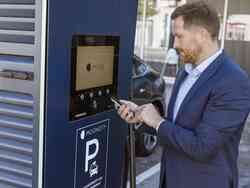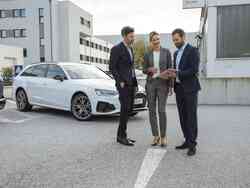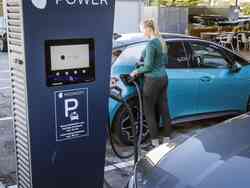
Models for your electric fleet
On this page, we explain which electric models you can obtain with us and provide tips as to how you can influence the range of your electric vehicles. You’re welcome to make the most of the opportunity to get personal advice from our sales team. We will be happy to work with you to put together the right mix of vehicle models (including a Car Policy) for your individual needs in your company. By doing so, we ensure a sustainable fleet of vehicles.
Contact us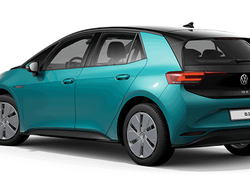
Short distances
If you mainly drive short distances in the city, the VW ID.3 comes into play. This model is a winner thanks to its manoeuvrability and easy handling.
Configure your desired model now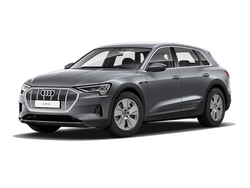
Performance, high range, representativeness
Are you looking for a car that leaves nothing to be desired in terms of performance, range and representativeness? We offer the model ranges by the brands Volkswagen, Audi, ŠKODA, SEAT, CUPRA and Porsche. Their flagship models Audi e-tron, ŠKODA Enyaq, SEAT Leon SP, the VW ID. models and the Porsche Taycan move within the segments of compact cars and SUVs, among others.
Configure your desired model now
Commercial vehicles
If your fleet is constantly transporting goods, you’re well advised to consider a commercial vehicle such as the new Multivan (e-Hybrid). The VW ID.Buzz Cargo (planned introduction 2022) scores points with its high range, which is further extended thanks to the solar roof. Charge without a charging station with just the power of the sun. Clever sustainability - on a whole new level.
Configure your desired model now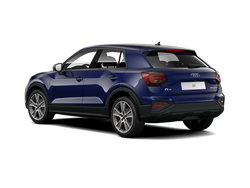
Demonstration cars / used cars
Is your desired model not currently available as a new car? Does your desired model come with longer waiting periods? You can search for your desired car with our partner Weltauto - we finance and insure your demonstration car or used car.
Discover offers
Vehicles from our cooperation partners
And of course, in addition to the models by the VW Group, we also offer electric vehicles by all brands. Our key account management team for cooperating brands will be very happy to advise you and will organise your customised vehicle offer for your desired emission-free third-party vehicle for you.
Request vehicle offer nowRange, battery, consumption etc.
Range
One of the most important elements when it comes to electric cars is the range. It describes the distance that electric or hybrid vehicles can cover before the battery needs to be recharged. This differs from model to model and depends on several factors.
Battery capacity
The bigger this is, the greater the range. However, it does decrease over time, as we are accustomed to with smartphones. Experts say that after around 100,000 kilometres, the battery power is at between 70% and 80% of its original capacity.
Consumption
The energy consumption per kilometre is about the power actually required. This, in turn, depends on the weight of the vehicle, the condition of the road, the driving style and the electronic equipment of the respective model.
Other influences (weather)
In especially cold temperatures, the efficiency of the power electronics and the drive train decreases. This means that the range of electric cars is higher in summer than in winter. The reason for this is that the necessary chemical reactions occur more slowly in the cold than at higher temperatures.
Range: favoured by good weather and city traffic
As electric cars become increasingly popular, the question of range has also developed into one of the most important topics in the industry. In the following example, we explain what to pay attention to when it comes to range, how you can calculate it and how you can positively influence it.
The two graphics depict the potential range of electric cars on two levels.
How can I optimise the range of my electric car?
There is a simple mathematical formula for finding out the range of an electric car:
| Battery capacity ÷ consumption/100 km = range |
The battery capacity and the consumption must be indicated in kilowatt hours. If you operating manual. What is important is that the result represents a maximum value (in kilometres). This means that this figure is merely a guideline and not a guaranteed mileage amount. If the range is too low, there are a few ways to influence it positively:
Tips for a higher range
Minimise your electronics
If possible, you should reduce electronic devices such as navigation systems, radio or air conditioning as much as you can during the journey. This conserves the battery of the electric car.
Make sure you have the right tyre pressure
Regularly check your tyre pressure. If it is too low, the rolling resistance increases, resulting in elevated consumption.
Optimise your own driving style
Constant braking and accelerating wears out your battery. You should inform yourself, therefore, of what speed is ideal for your vehicle and drive in a proactive manner.


